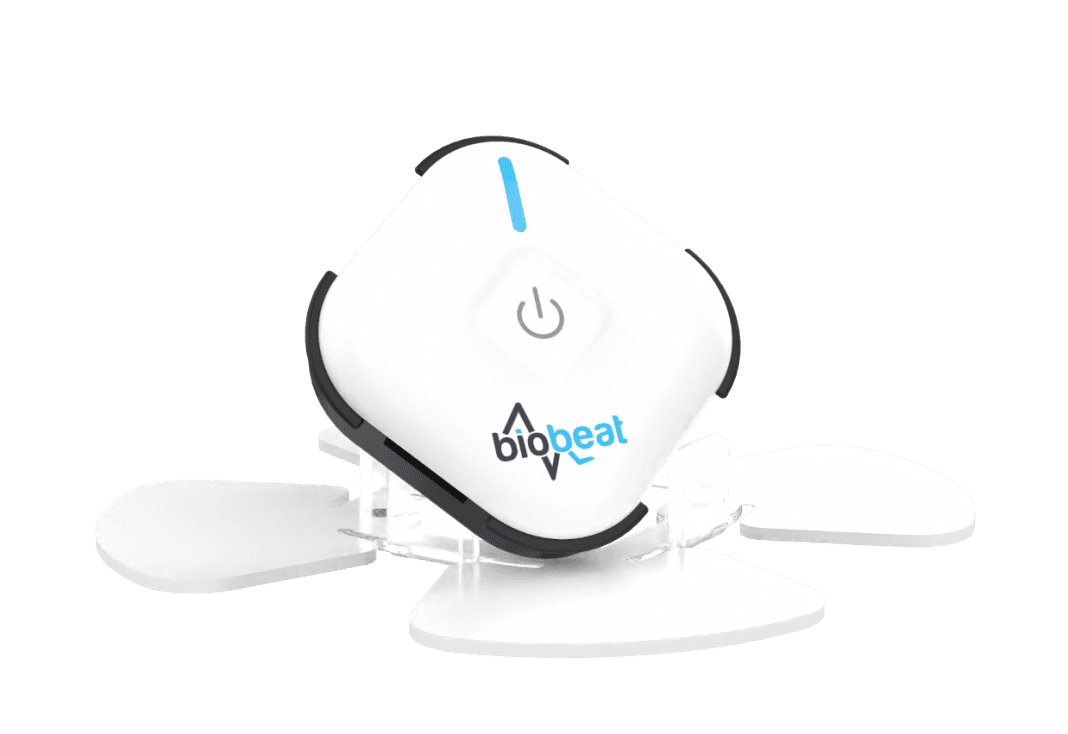October 27, 2020
Biobeat provides wearable remote patient monitoring solutions for the healthcare continuum. Today they announced today that its wearable wrist and chest patient monitoring solutions have received Class II medical device approval (No. 320337) from Health Canada.
Biobeat reports their wireless wrist and chest monitoring solutions support health teams by transmitting real-time patient data from a distance, helping improve patient outcomes via accurate and reliable patient health updates and patient deterioration detection. These remote capabilities can be instrumental in helping monitor a variety of health conditions as well as mitigating the risk of infectious exposure, especially from COVID-19 patients.
“We are excited to receive the Health Canada Medical Device Class II approval, a significant milestone for our company, which will allow us to offer our innovative technologies to the Canadian healthcare market and help improve patient care,” said Arik Ben Ishay, CEO of Biobeat. “This registration underscores our mission to improve patient outcomes across the globe with our accurate wearable continuous patient monitoring solutions. We are eager to assist Canadian healthcare facilities and medical staff manage their patient workloads by using our advanced remote care abilities, especially during the current coronavirus pandemic.”
Maisha Labs, a Canadian digital health solution provider and integrator, assisted Biobeat throughout the licensing process and will continue to play a pivotal role in implementing the company’s solutions in healthcare facilities throughout the country. This includes an upcoming pilot project at The Jewish General Hospital and its Montreal-based Connected Health Futures Hub – OROT, orchestrated by a joint collaboration between Biobeat, Maisha Labs and the TransMedTech Institute, which will use Biobeat’s devices in a remote chronic care program.
Biobeat’s wearable wrist and chest-monitors utilize proprietary non-invasive reflective photoplethysmography monitoring technology to automatically and continuously track multiple vital signs and health parameters. The wireless solutions connect to a cloud-based patient management system to provide medical staff with real-time data and alerts, enabling early identification of clinical deterioration. The management platform includes an integrated automated, customizable early warning score system that incorporates advanced health-AI-based algorithms that analyze aggregated patient data to identify deterioration more accurately.



